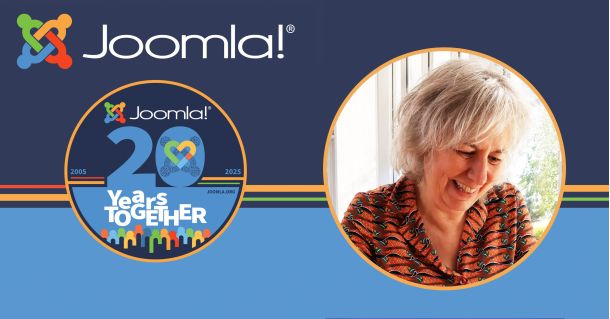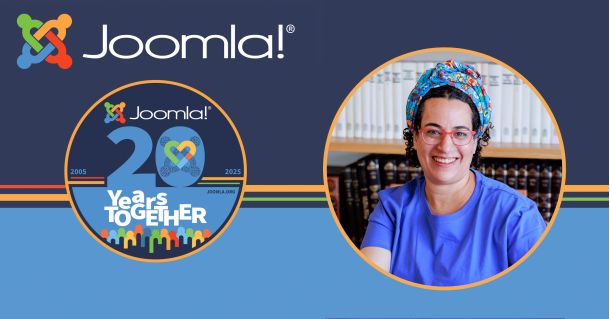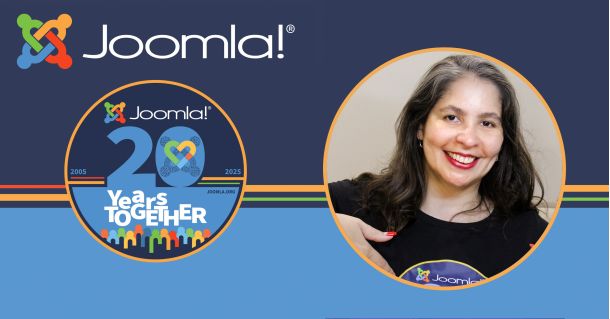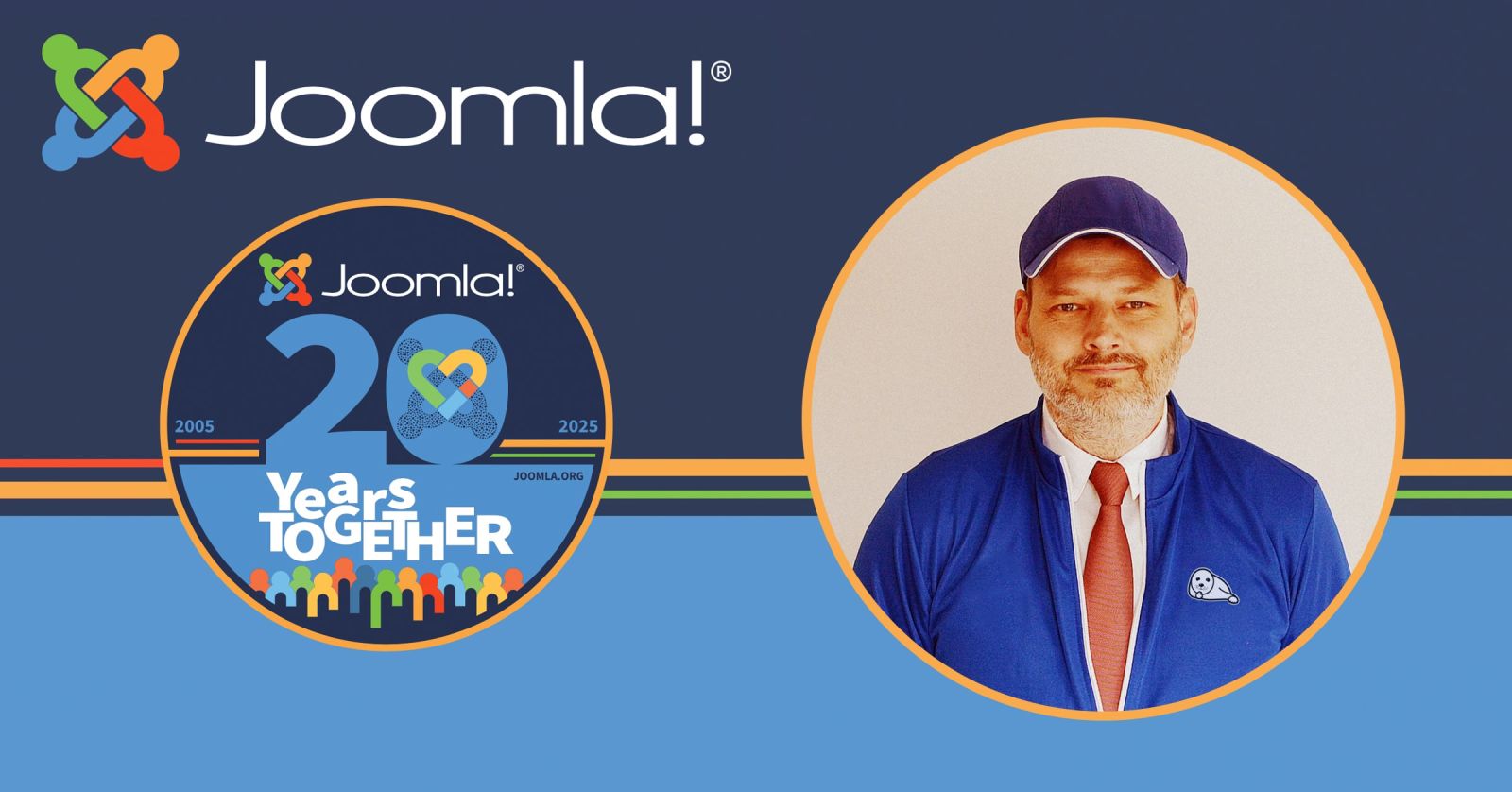
Joomla in Faces. Jan Pavelka (developer)
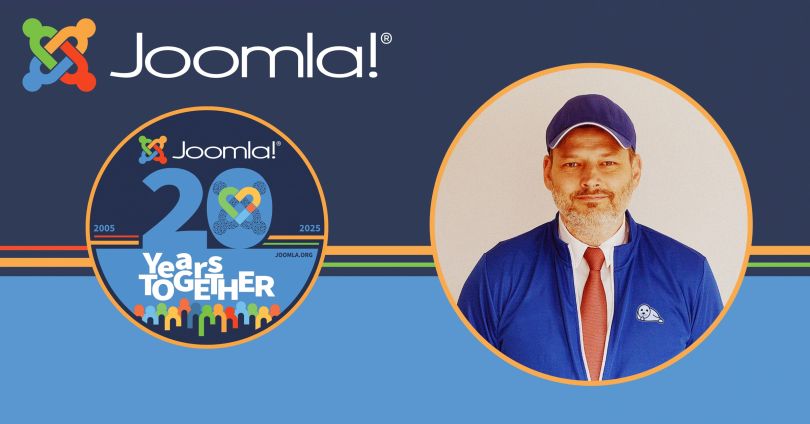
- Published: 19 September 2025
- Last modified: 07 January 2026


Today we're speaking with Jan from Czechia, a Joomla developer since the project's beginning. He has created over 100 extensions, many of which are very popular in the Joomla community. We asked him about his journey and contributions.
1. To begin with, could you introduce yourself to the audience?
Hello to everyone in advance. My name is Jan, and together with my collaborators, I work on developing Phoca extensions for Joomla. My professional background is in a completely different field, which often surprises people. Over the years, though, I discovered a strong passion for creating Joomla extensions. Since Joomla isn’t part of my daily work, I can approach it with freedom and curiosity, and that keeps it enjoyable for me. At the same time, whenever I take on something, I want to do it properly. Any work I deliver has to be 100%. With Joomla extensions, this becomes even more important, because it’s a commitment to the large community that has grown around Phoca.
2. What first brought you to the Joomla platform?
I think it was around 2007 when I first started looking for a content management system. What mattered most to me was that it should be structured and allow me to extend it with the features I needed. Joomla stood out in that regard back then — and to me, it still remains the best when it comes to being a truly system-oriented CMS.
3. Have you worked with other Content Management Systems besides Joomla?
Yes, I’ve tried working with other systems as well, but I found them impractical, confusing, and lacking a systematic structure. None of them gave me the clarity and flexibility that Joomla provides, which is why I’ve continued to focus on it.
4. You are the author of more than 100 extensions, and probably every person in the Joomla world has heard about your products. Could you share your thoughts on which products are the most important to you and tell us about any special challenges you faced while developing them?
Every extension has its own story and reason for being created, so it would take a long time to talk about each one. Their importance also changes over time. In the past, I focused heavily on extensions that worked with images, then on download management, and more recently on menu systems for restaurants and, most importantly, e-commerce.
E-commerce is especially interesting because, from a programming perspective, there are essentially no limits. The variety of requirements is so vast that you can never say a project is completely finished. That’s why I’m currently concentrating most of my efforts on e-commerce, which has also created a large base of both users and developers. I truly enjoy e-commerce because it reminds me of football, a sport I’ve loved and played for most of my life. Both have a single clear objective that must be achieved in the most effective way. In football, the team must score a goal; in e-commerce, the team must sell a product or service. You can play brilliant football and outperform your opponent in every way, but without scoring you cannot win. Likewise in e-commerce: you may create a beautiful online shop, far superior to the competition, but if it doesn’t generate sales, it serves no real purpose.
5. All your extensions are free. What motivates you to do this development work?

"The motivation is straightforward: a need to create something".
Jan
That’s a somewhat personal question. Simply put, my regular job is very monotonous and boring. I inherited a need to be creative from my mother, and my daughters have inherited the same drive — they draw, model, and work with paper, while I create Joomla extensions. The motivation is straightforward: a need to create something. I just don’t want to keep something I’ve created hidden when it could be useful to others. That’s why I release my extensions for free. And if someone finds them useful, that’s just another piece of motivation to keep going.
6. Why have you not added a subscription model yet or offered commercial services?
That used to be true for Phoca extensions in general, but the situation has changed with the arrival of Phoca Cart. Phoca Cart has reached a level of maturity and adoption that naturally attracts professional developers and service providers. As a result, a commercial ecosystem is forming around the core product. The core component of Phoca Cart remains free and open, but it has grown into a platform around which a professional ecosystem is emerging. Developers and partners are creating commercial extensions and services, while also contributing back to the core itself. This ensures that Phoca Cart offers both the accessibility of a free solution and the reliability, professionalism and support expected from modern e-commerce platforms.
7. Such a large number of extensions requires a lot of maintenance. What is the most difficult part of this process for you?
I think the Joomla core developers know this well, because I often remind them of it. The biggest challenge for any developer is dealing with small but non-essential changes in the core system that break backward compatibility. I understand that sometimes breaking compatibility is necessary, but in many cases it’s avoidable, and these changes cause the core system to lose support for many extensions.
8. What is the best way for users to support your development efforts? Are donations an option?
Any kind of support is always welcome and appreciated. This could mean creating new extensions that work with Phoca extensions, translating them, writing guides or documentation, answering questions in the forum, making a donation. I also personally value constructive criticism. It’s thanks to such feedback that so many new features have been added to Phoca extensions. These features simply wouldn’t have come into existence otherwise. Anything is valued. I am truly grateful to many people who have helped along the way. For example, Benno and Christine have been a great support with the forum, documentation, translations and testing, and Pavel from n3t has been an invaluable partner in the development of Phoca Cart. I will always be thankful to them and to everyone who contributes in any way.
9. Can you tell us a little bit about the Czech Joomla community?
What I really appreciate about the Czech and Slovak Joomla community is that the people there are practical and realistic. There’s nothing more liberating than being able to sit with your friends, speak openly, and talk about things as they truly are. It makes communication much simpler and speeds up solving any kind of problem, which I value a lot. I also highly appreciate the expertise within the community. Before implementing a new feature, I usually like to do some brainstorming to make sure it’s done in the best possible way. Thanks to the knowledge and, above all, the experience of the people in this community, I always receive excellent and to-the-point feedback.
In our Czech and Slovak community, we have weekly online meetups with community members. They’re really interesting — sometimes we have long discussions, and other times you can just hear the sound of keyboards as most of us work on something while occasionally sharing a complaint or two.
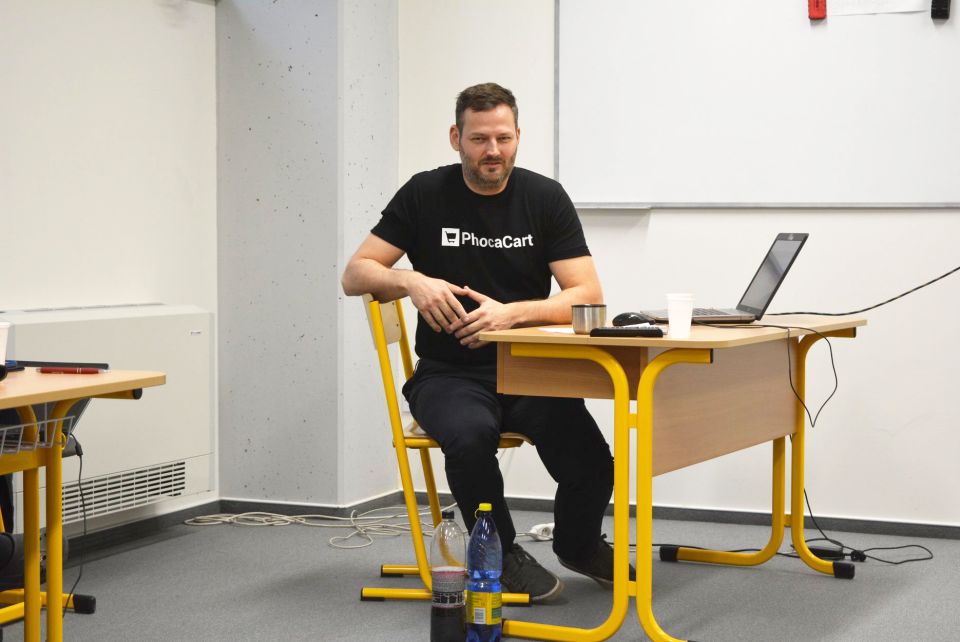
10. What are your plans for the future?
My plans for the future are closely connected with AI. I’m a big fan of AI, I experiment with it in different ways, and I want to keep developing in this area. On one hand, I’m very enthusiastic about AI, but on the other hand, I’m also someone who spends a lot of time in nature, especially planting trees. That makes me reflect: it’s always important to find a balance between when AI is truly useful and when its use becomes unnecessary. For example, I built a local lightweight model for removing image backgrounds.
Some might argue that AI consumes too many resources, but when I compare manually removing a background for half an hour on the same computer versus doing it with AI in ten seconds, it’s clear that the ten seconds (while computationally intensive) are still a far better use of resources than thirty minutes of manual work. So for me, the real challenge is finding that line: using AI where it makes sense and brings real value, and avoiding it where it would only waste resources.
In e-commerce we already see countless opportunities where AI can make processes easier and more efficient. This is why my plan, together with other Phoca Cart developers, is to apply AI in ways that will directly improve the building and everyday use of Phoca Cart. I believe this will help the platform grow stronger, smarter and more useful for businesses and users in the future.

"My plans for the future are closely connected with AI."
Jan
11. Joomla is celebrating its 20th anniversary. What would you like to say to the community?
I don’t have any special wisdom or big message to share. I would just say: if you enjoy working with Joomla, then simply enjoy it.




